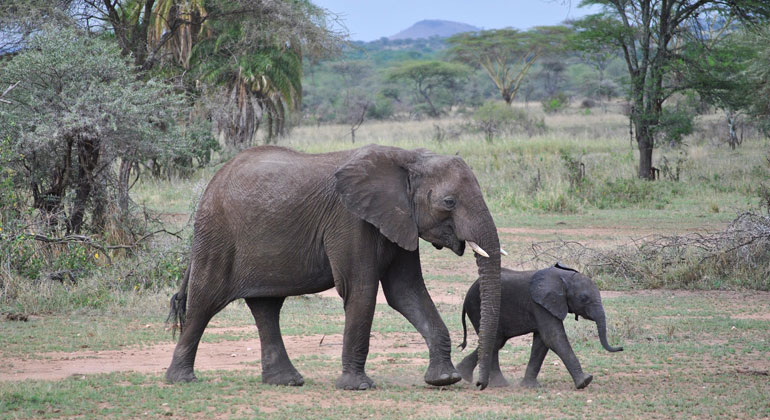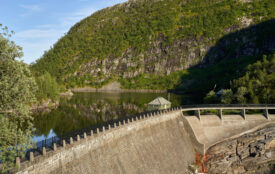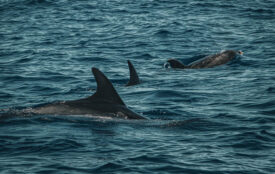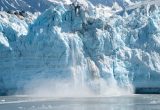State of the planet
This decade must bend the curves on emissions and biodiversity loss.
Humanity is now the dominant force of change on our Earth – and human actions are threatening the resilience and stability of Earth’s biosphere, the wafer-thin veil around Earth where life thrives. This has profound implications for the development of civilizations, says an international group of researchers in a report published for the first Nobel Prize Summit, a digital gathering to be held in April to discuss the state of the planet in the wake of the COVID-19 pandemic.
“The risks we are taking are astounding,” says co-author Johan Rockström, director of the Potsdam Institute for Climate Impact Research PIK and co-author of the analysis. “We are at the dawn of what must be a transformative decade. The Nobel Prize Summit is really the scientific community shouting “Wake Up!”
The paper, published in Ambio, a journal of the Royal Swedish Academy of Sciences, highlights measures needed to create a healthier, more resilient planet, where humanity is now the dominant force of change. “In a single human lifetime, largely since the 1950s, we have grossly simplified the biosphere, a system that has evolved over 3.8 billion years. Now just a few plants and animals dominate the land and oceans,” says lead author Carl Folke, director of the Beijer Institute of Ecological Economics and chair of the Stockholm Resilience Centre at Stockholm University. “Humanity must become the effective planetary steward. About 96% of all mammals by weight are us, H. Sapiens, and our livestock, or cattle, sheep and pigs. Just 4% are wild mammals like elephants, buffalo or dolphins,” says Folke.
The report summarises recent research on the scale of human activity: 75% of Earth’s ice-free land is directly altered as a result of human activity, with nearly 90% of terrestrial net primary production – the amount of organic material produced by living organisms by means of the sun – and 80% of global tree cover under direct human influence. Rising greenhouse gas emissions mean that within the coming 50 years one-to-three billion people are projected to experience living conditions that are outside of the climate conditions, depending on how population and climate scenarios play out.
Instead of listing the well-known solutions such as wind power, solar or plant-based diets, the researchers tackle the barriers stopping progress. Two of the biggest barriers are unsustainable levels of inequality and technology that undermines societal goals. New narratives that reconnect development to the biosphere are in demand, say the authors.
The report concludes that inequality and environmental challenges are deeply linked. Reducing inequality will increase trust within societies. Trust is essential for governments to make long-term decisions, the report argues. Social media combined with a lack of access to reliable knowledge is also highlighted as a barrier to progress.
- Folke, C., Polasky, S., Rockström, J. et al. (2021): Our future in the Anthropocene biosphere. Ambio.
DOI: https://doi.org/10.1007/s13280-021-01544-8 - Link to Nobel Prize Summit








